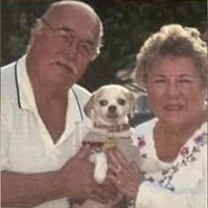Rebound Acid Reflux with PPIs May Induce Dependence
Hooked on your proton pump inhibitors? You may not be alone.
July 4, 2009— -- Popular antacids known as proton pump inhibitors, or PPIs, may cause or aggravate the very acid-reflux symptoms they're used to treat, according to a new study.
After two months of taking esomeprazole (Nexium), 44 percent of healthy volunteers who started with no symptoms developed significant heartburn, acid reflux or dyspepsia, compared with 15 percent who took a harmless placebo, the scientists reported in the July issue of Gastroenterology.
Worse, this apparent "rebound" acid secretion could lead to dependence on the drugs, according to the research team led by Dr. Peter Bytzer of Copenhagen University in Denmark.
PPIs are among the most commonly prescribed drugs worldwide, with doctors in the United States writing 113.4 million prescriptions for the drugs last year, according to the health care information company IMS Health. The class includes drugs such as Prilosec, Nexium and Prevacid.
Many primary care doctors put patients with symptoms of chronic heartburn on a trial course of a PPI, a class of drugs that includes such well-known trade names as Prevacid, Aciphex and Prilosec, in addition to Nexium.
However, the researchers noted that up to one-third of these patients keep taking the drug after the symptoms are gone. Physicians in some studies have reported problems getting patients to withdraw from the drug or reduce the dosage they take.
"Thus, patients with ambiguous symptoms that are not truly acid related may be prescribed a PPI empirically, but may find it difficult to withdraw from therapy because of the development of true acid-related symptoms," the researchers said.
The hypothesis, though controversial, has been that PPIs perpetuate symptoms and necessitate their continued long-term use.
The theory behind this is that lowered stomach acid levels caused by the action of the drugs causes the body to compensate by secreting even more acid into the stomach, the researchers said.
Bytzer's results supported this theory. Symptoms in the PPI group continued, even in the final week of the study, after gastric acid suppression had normalized.




